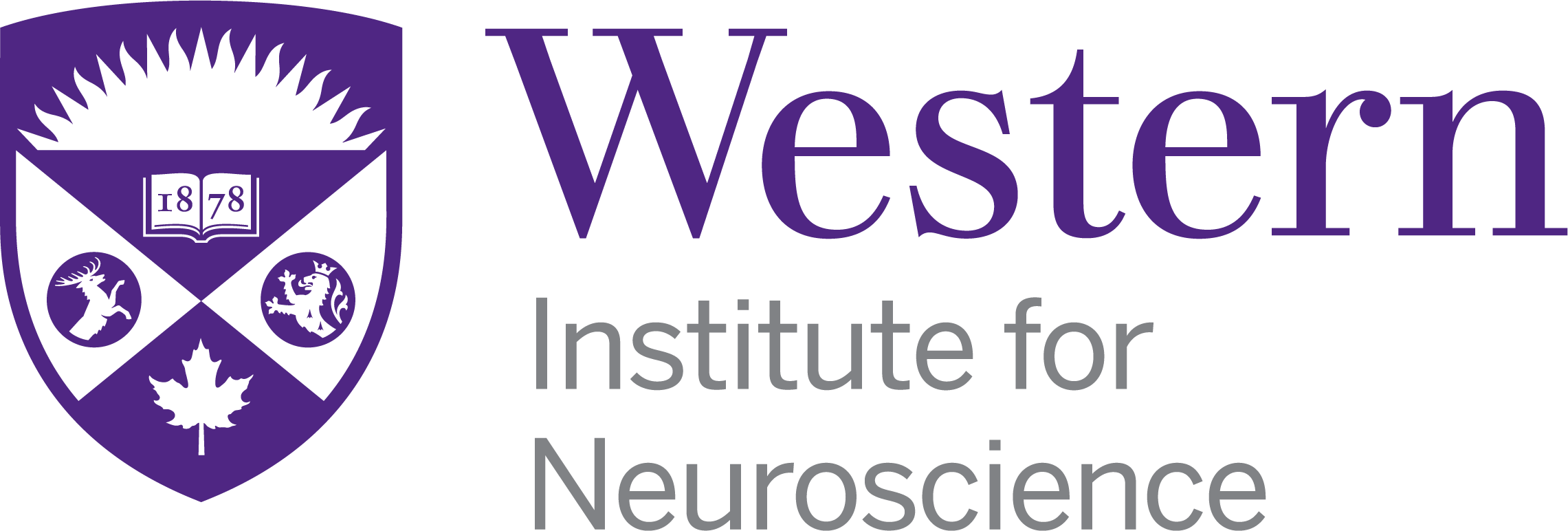Document Type
Article
Publication Date
6-13-2022
Journal
Frontiers in Psychiatry
Volume
13
URL with Digital Object Identifier
10.3389/fpsyt.2022.863232
Abstract
Healthcare workers (HCWs) and public safety personnel (PSP) across the globe have continued to face ethically and morally challenging situations during the COVID-19 pandemic that increase their risk for the development of moral distress (MD) and moral injury (MI). To date, however, the global circumstances that confer risk for MD and MI in these cohorts have not been systematically explored, nor have the unique circumstances that may exist across countries been explored. Here, we sought to identify and compare, across the globe, potentially morally injurious or distressful events (PMIDEs) in HCWs and PSP during the COVID-19 pandemic. A scoping review was conducted to identify and synthesize global knowledge on PMIDEs in HCWs and select PSP. Six databases were searched, including MEDLINE, EMBASE, Web of Science, PsychInfo, CINAHL, and Global Health. A total of 1,412 articles were retrieved, of which 57 articles were included in this review. These articles collectively described the experiences of samples from 19 different countries, which were comprised almost exclusively of HCWs. Given the lack of PSP data, the following results should not be generalized to PSP populations without further research. Using qualitative content analysis, six themes describing circumstances associated with PMIDEs were identified: (1) Risk of contracting or transmitting COVID-19; (2) Inability to work on the frontlines; (3) Provision of suboptimal care; (4) Care prioritization and resource allocation; (5) Perceived lack of support and unfair treatment by their organization; and (6) Stigma, discrimination, and abuse. HCWs described a range of emotions related to these PMIDEs, including anxiety, fear, guilt, shame, burnout, anger, and helplessness. Most PMIDE themes appeared to be shared globally, particularly the ‘Risk of contracting or transmitting COVID-19’ and the ‘Perceived lack of support and unfair treatment by their organization.’ Articles included within the theme of ‘Stigma, discrimination, and abuse’ represented the smallest global distribution of all PMIDE themes. Overall, the present review provides insight into PMIDEs encountered by HCWs across the globe during COVID-19. Further research is required to differentiate the experience of PSP from HCWs, and to explore the impact of social and cultural factors on the experience of MD and MI.

- Citations
- Citation Indexes: 42
- Usage
- Downloads: 60
- Abstract Views: 24
- Captures
- Readers: 69
- Mentions
- News Mentions: 2


